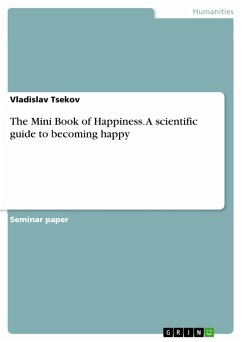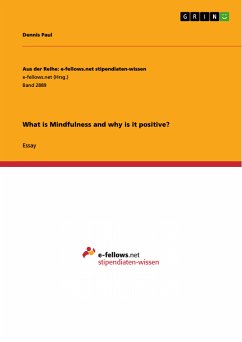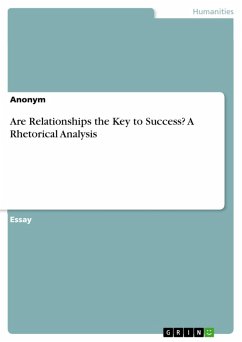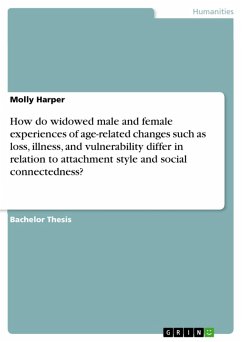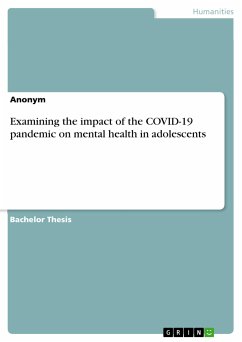Seminar paper from the year 2015 in the subject Psychology - Miscellaneous, grade: 1,0, LMU Munich, language: English, abstract: We want to be happy, but what exactly does this mean? Is happiness an emotion, or a way of life; is it temporary, or constant; is it something that depends on you, or on your surroundings? A specific branch in psychology, positive psychology, has embarked on a journey to find the answers to those and similar questions. Everybody wants to be happy. You, me, your best friend, your family. Even your boss. Happiness is such a lucrative incentive that it motivates people to do the craziest things: swimming with sharks, jumping from airplanes, dieting, training, and even working from 9 to 5 for their entire life. Since happiness plays such an important part in our life, we ought to know what it is and where we can easily find it, right? Wrong! This is a challenging task, resulting in years of wrong decisions and frustrating activities. You set yourself a goal to become a lawyer and earn a lot of money. You invest hundreds of hours into studying and practice, spend thousands of dollars on education until you finally get into court and realize that this isn't what you wanted at all. The problem is that we live in a society which is lacking introspection and self-knowledge. In most cases, our parents, teachers and friends tell us what is right for us. They fool us into thinking that we have to strive for certain things in order to be happy. Because we never question authority and we comply gently with societal pressure, we end up with a major depression at the age of 30. So the next time you find yourself doing things other people have told you to do, stop and think for a second if this is really what you want to do.
Dieser Download kann aus rechtlichen Gründen nur mit Rechnungsadresse in A, B, BG, CY, CZ, D, DK, EW, E, FIN, F, GR, HR, H, IRL, I, LT, L, LR, M, NL, PL, P, R, S, SLO, SK ausgeliefert werden.

